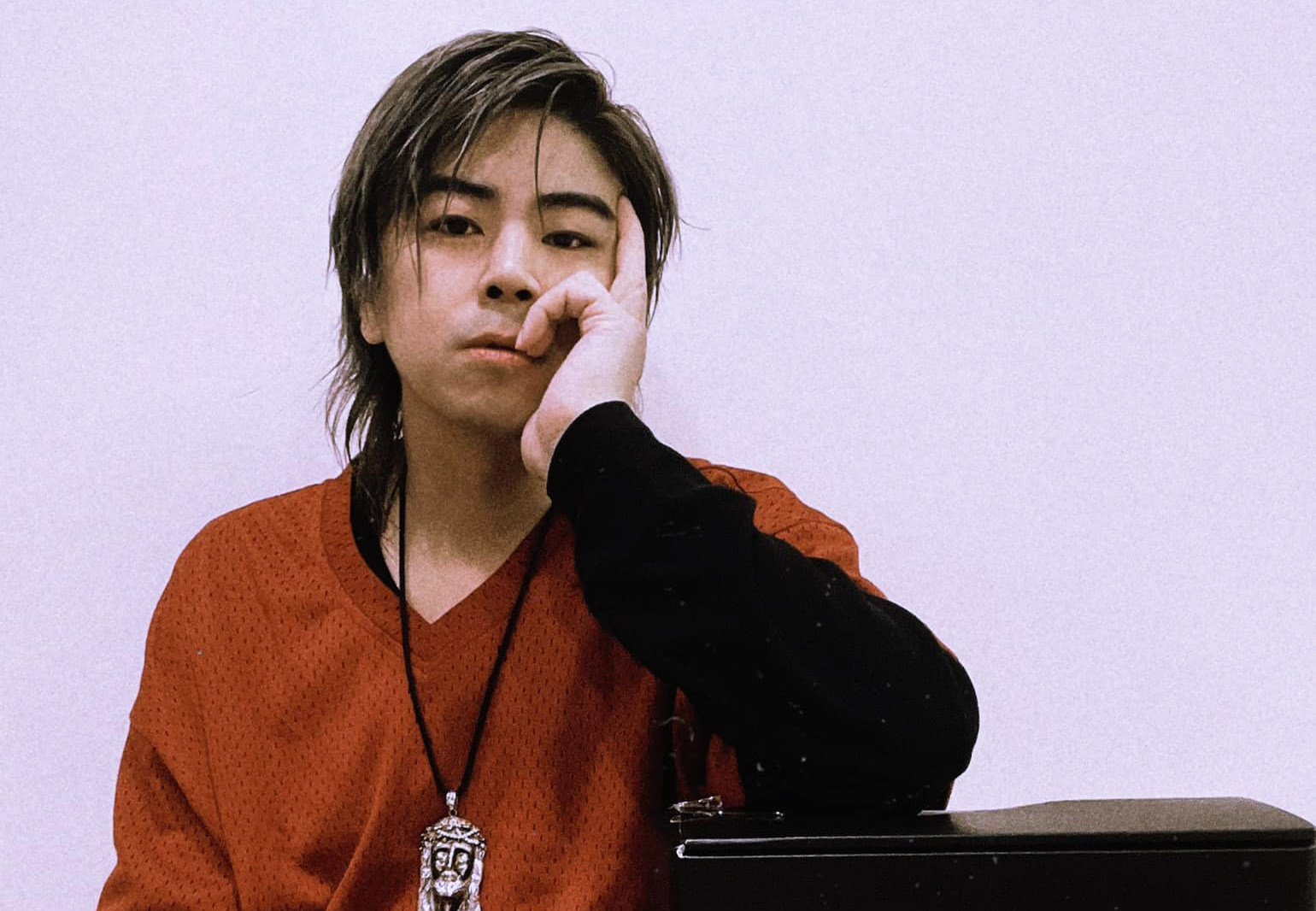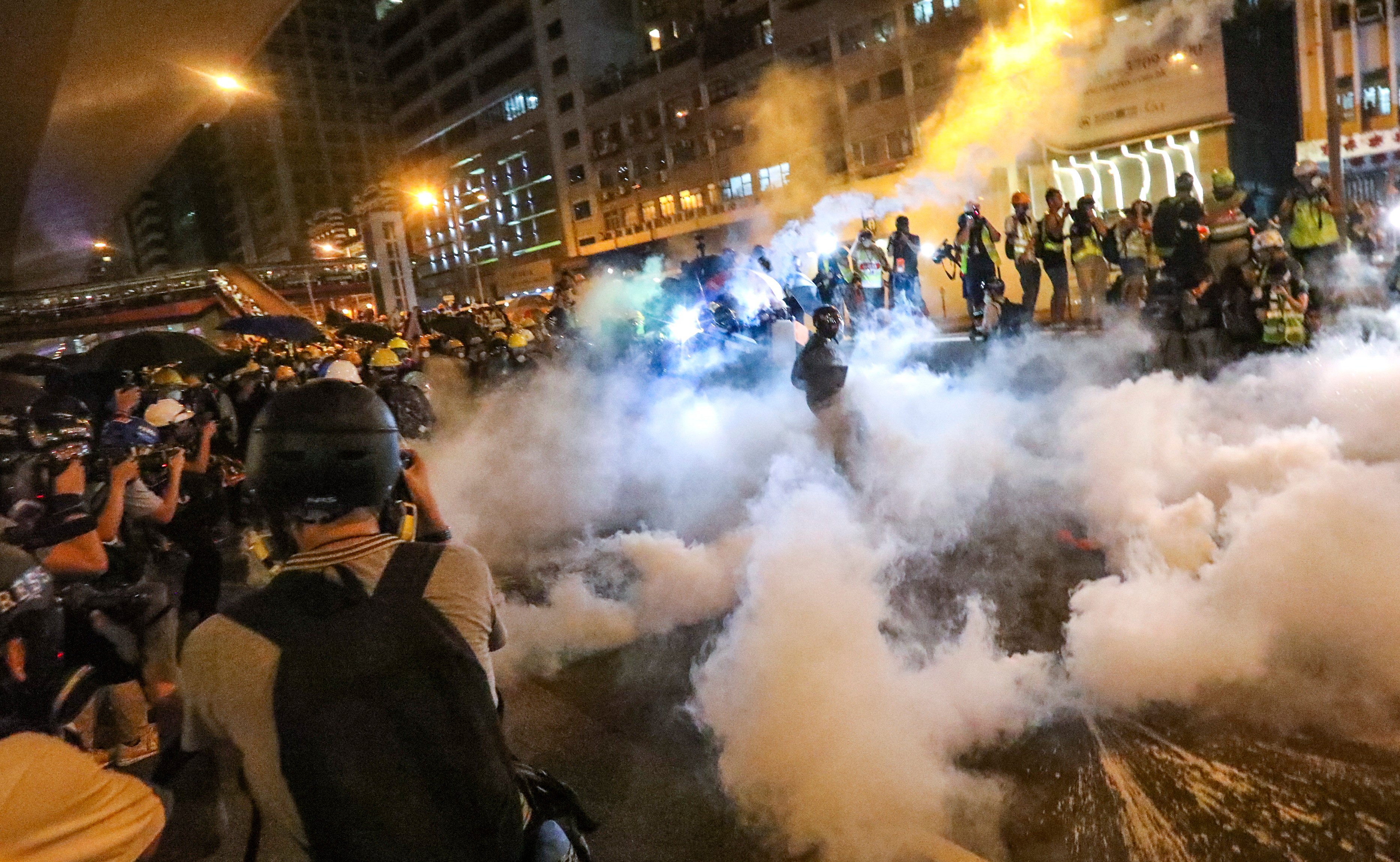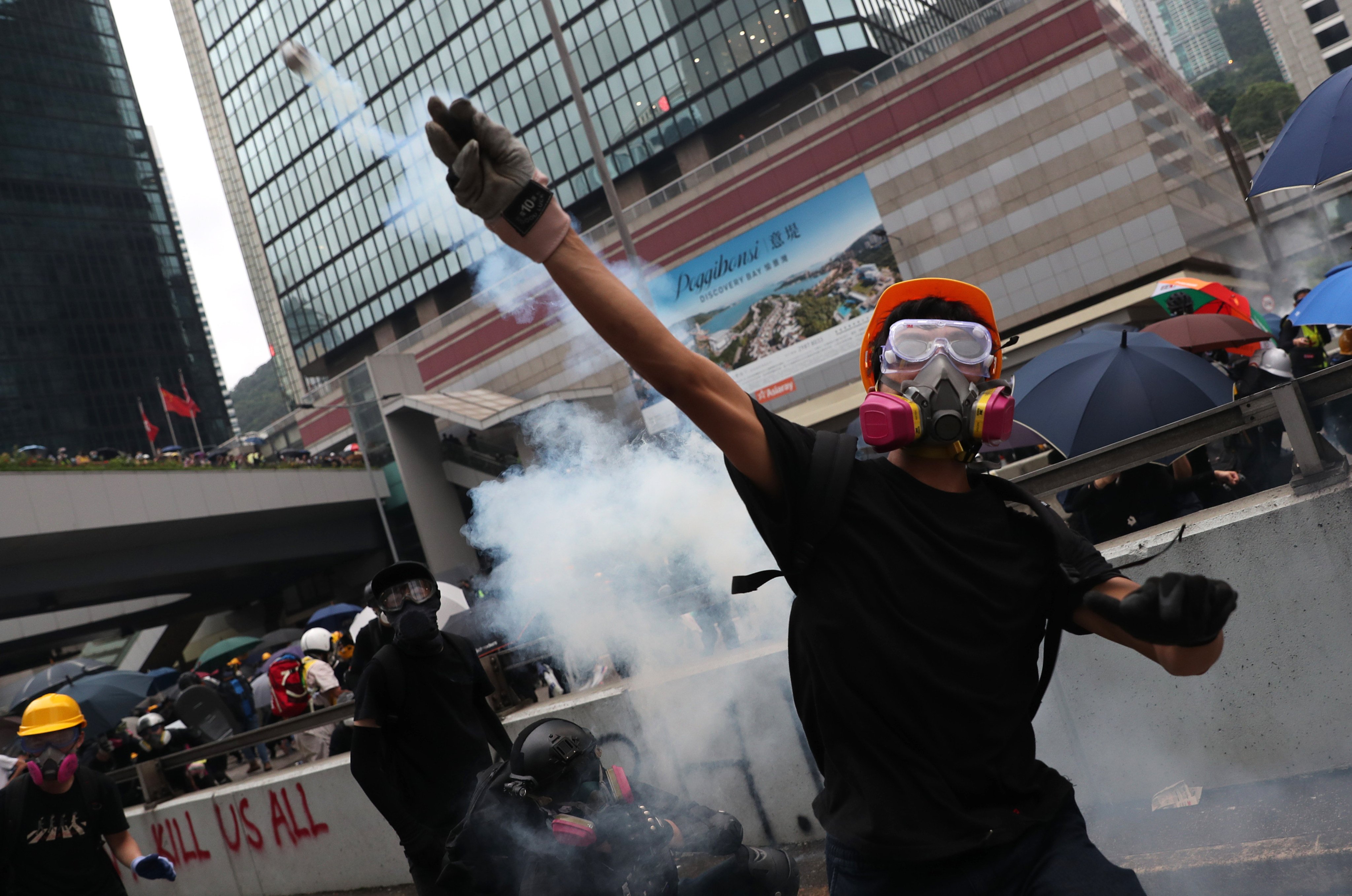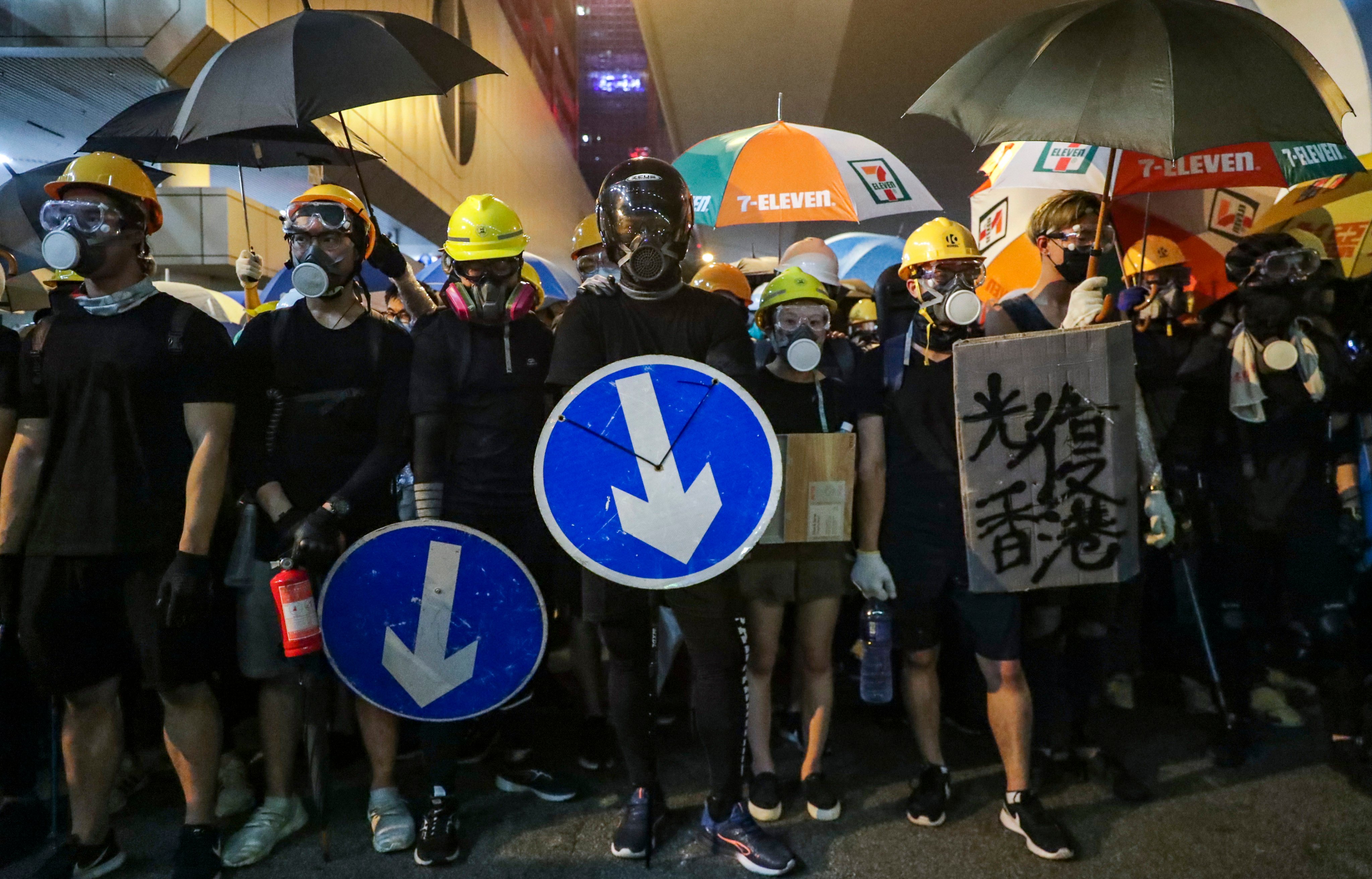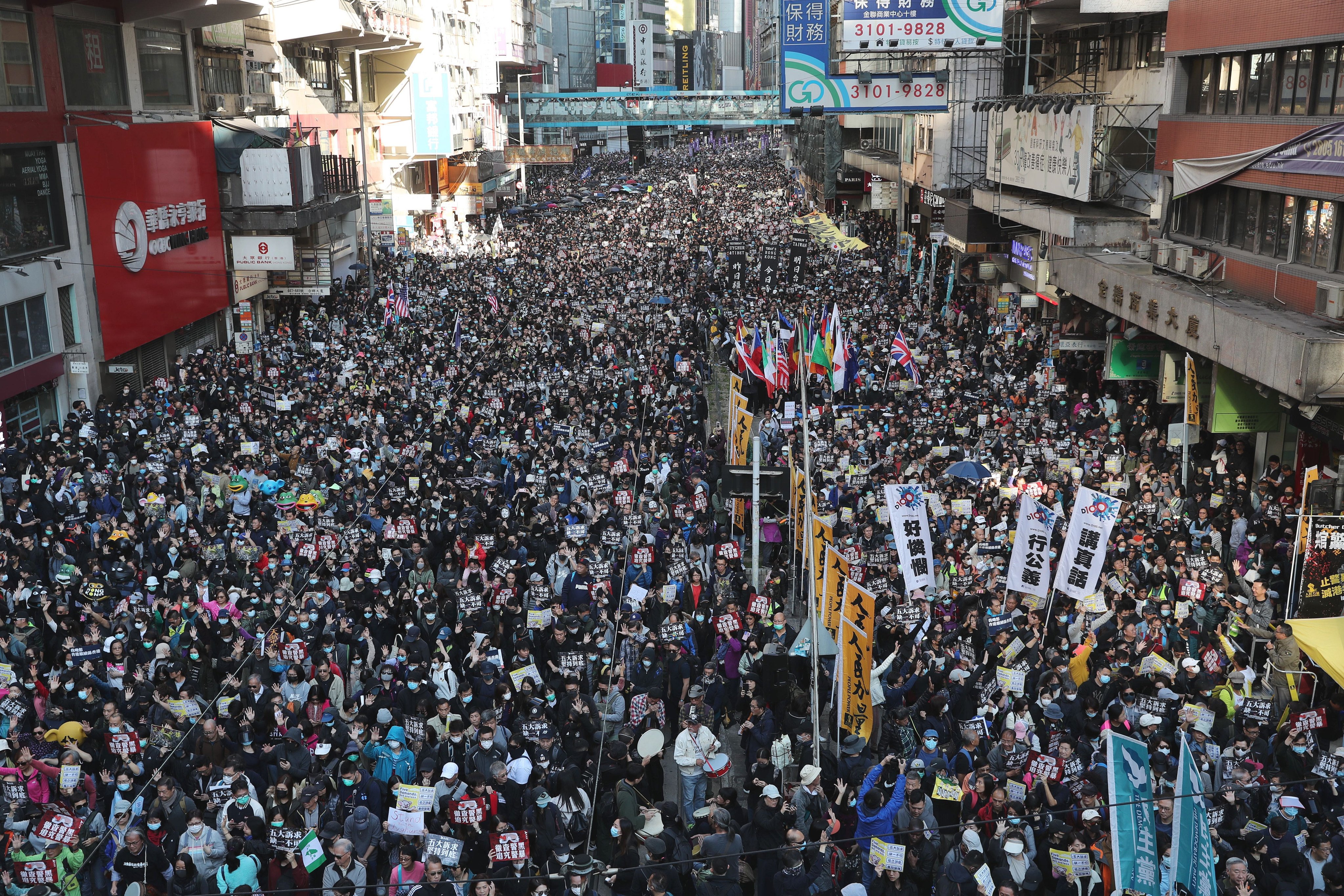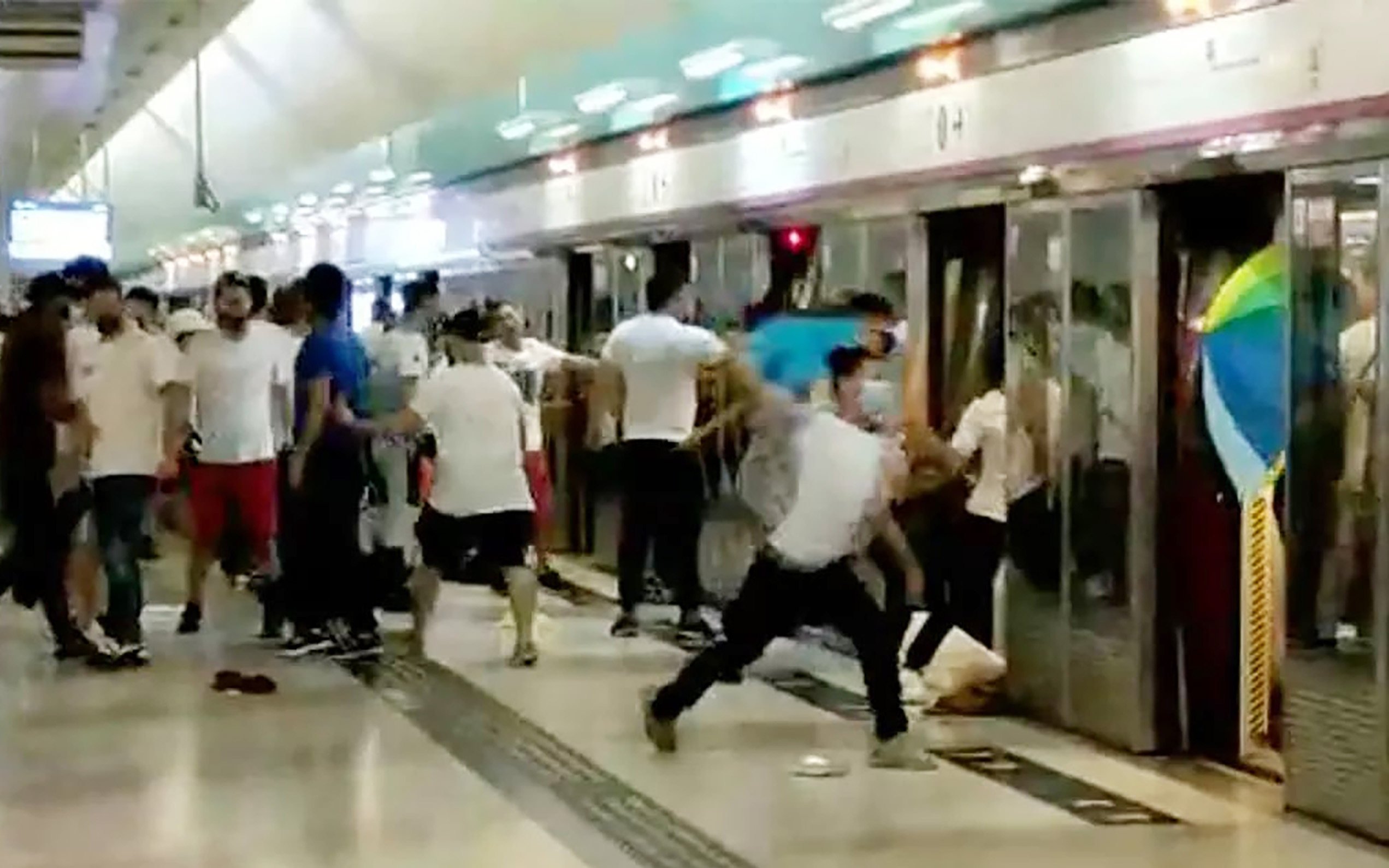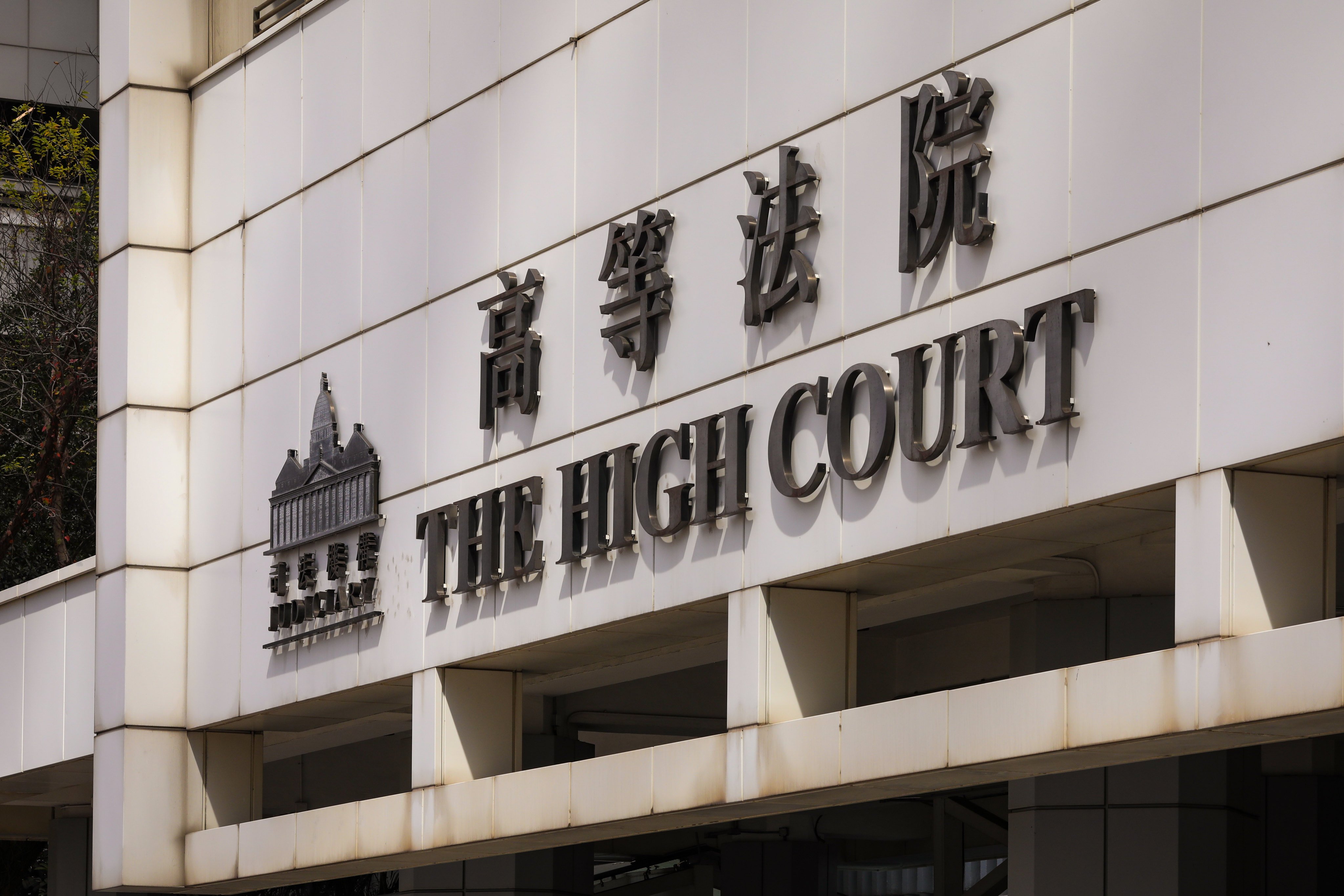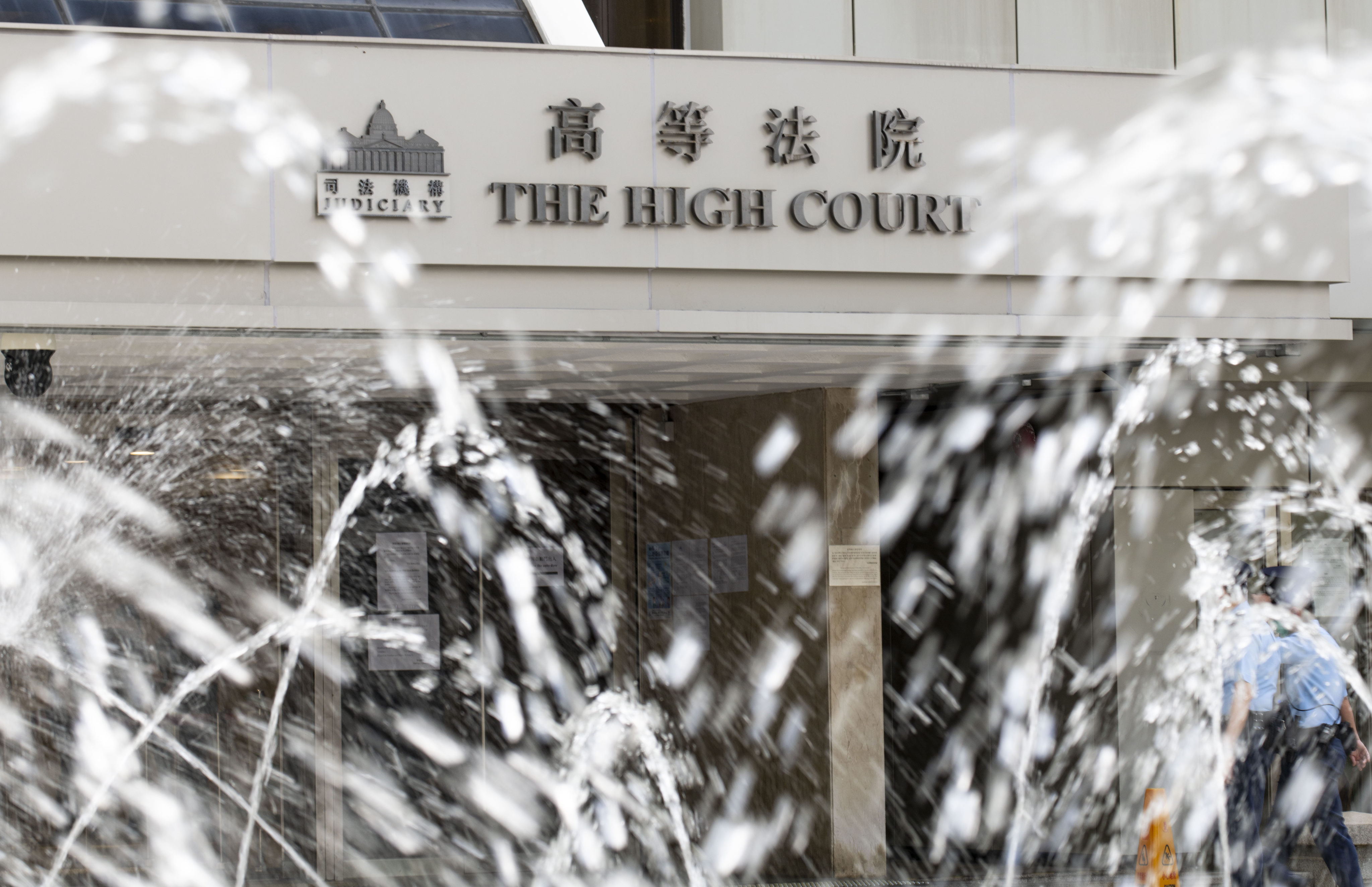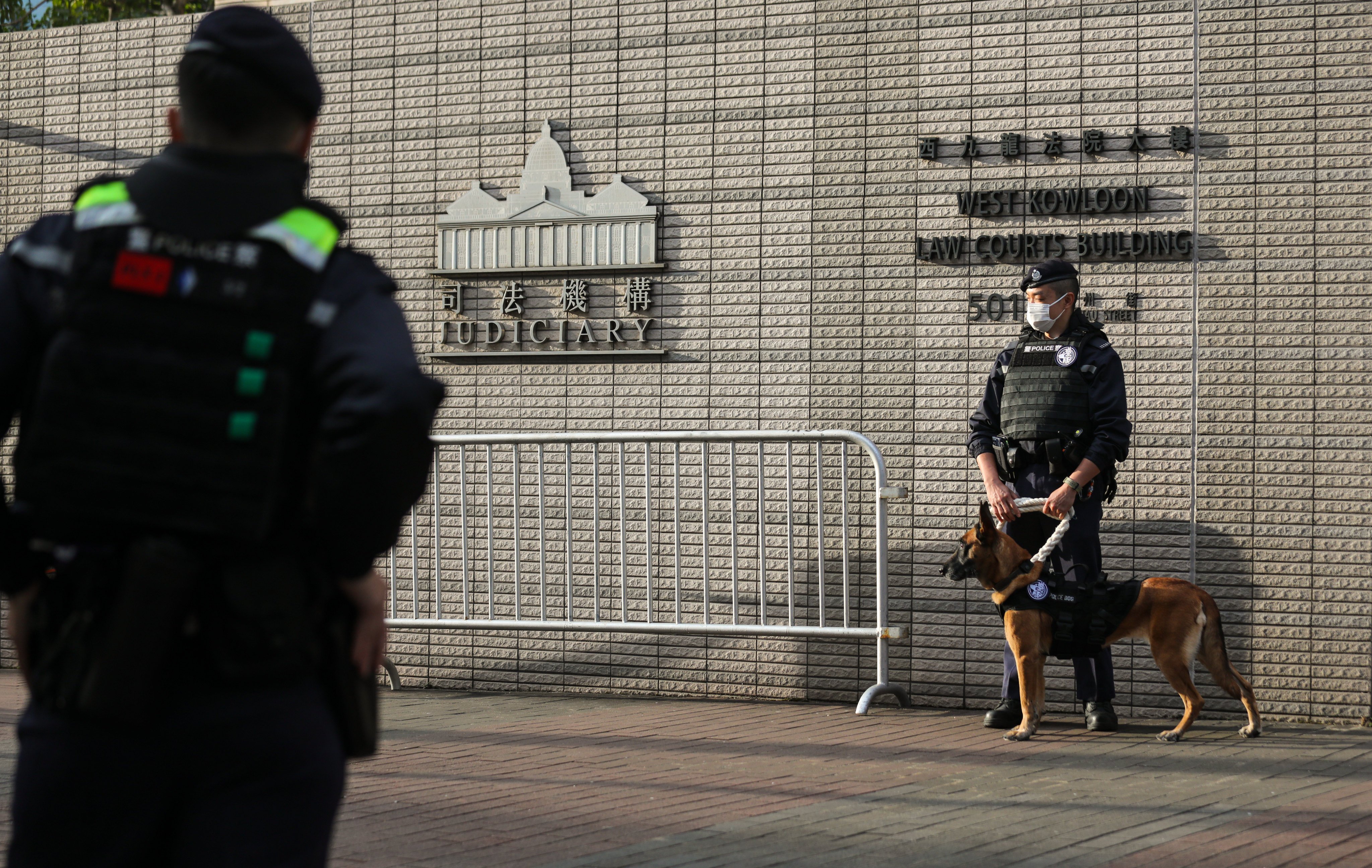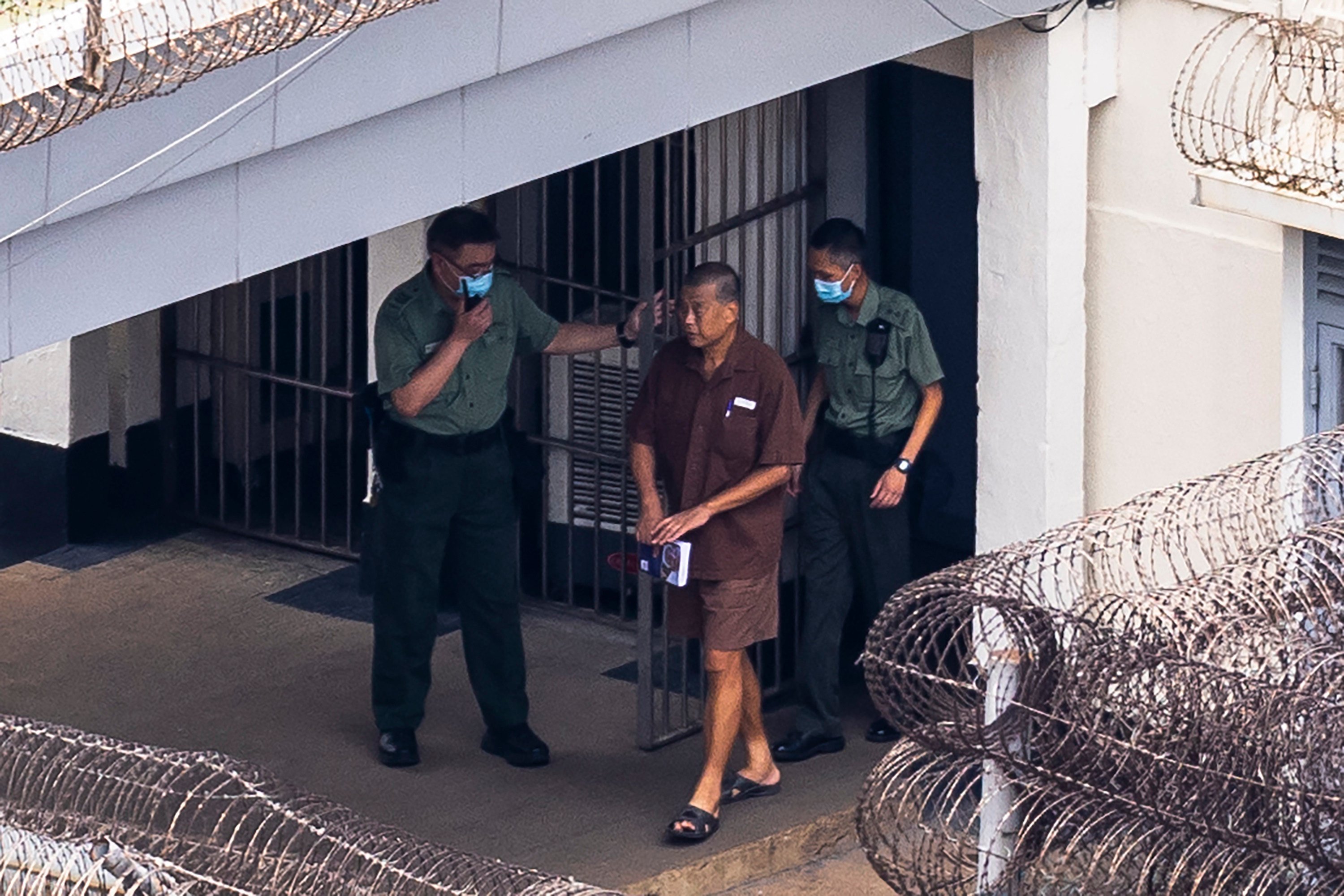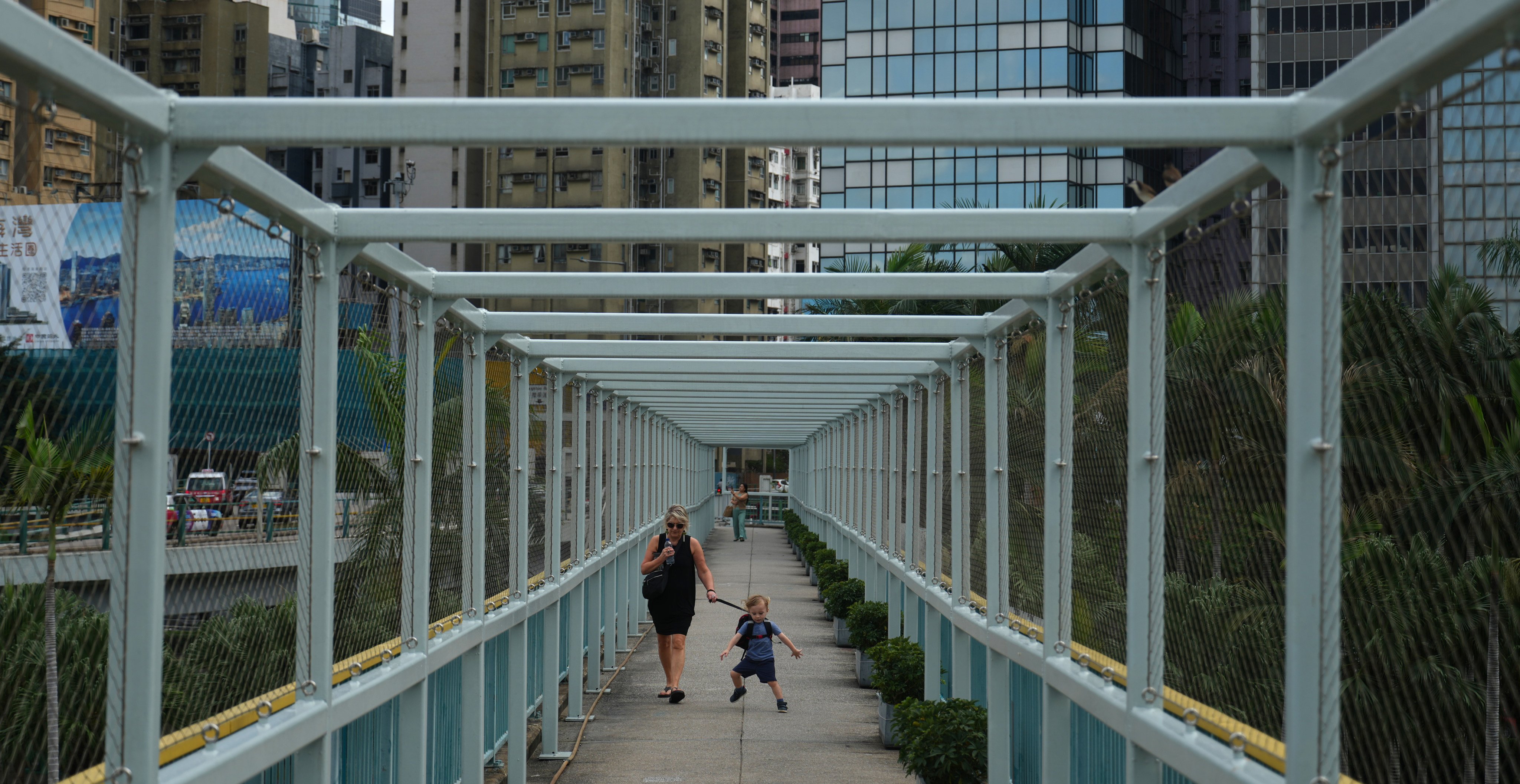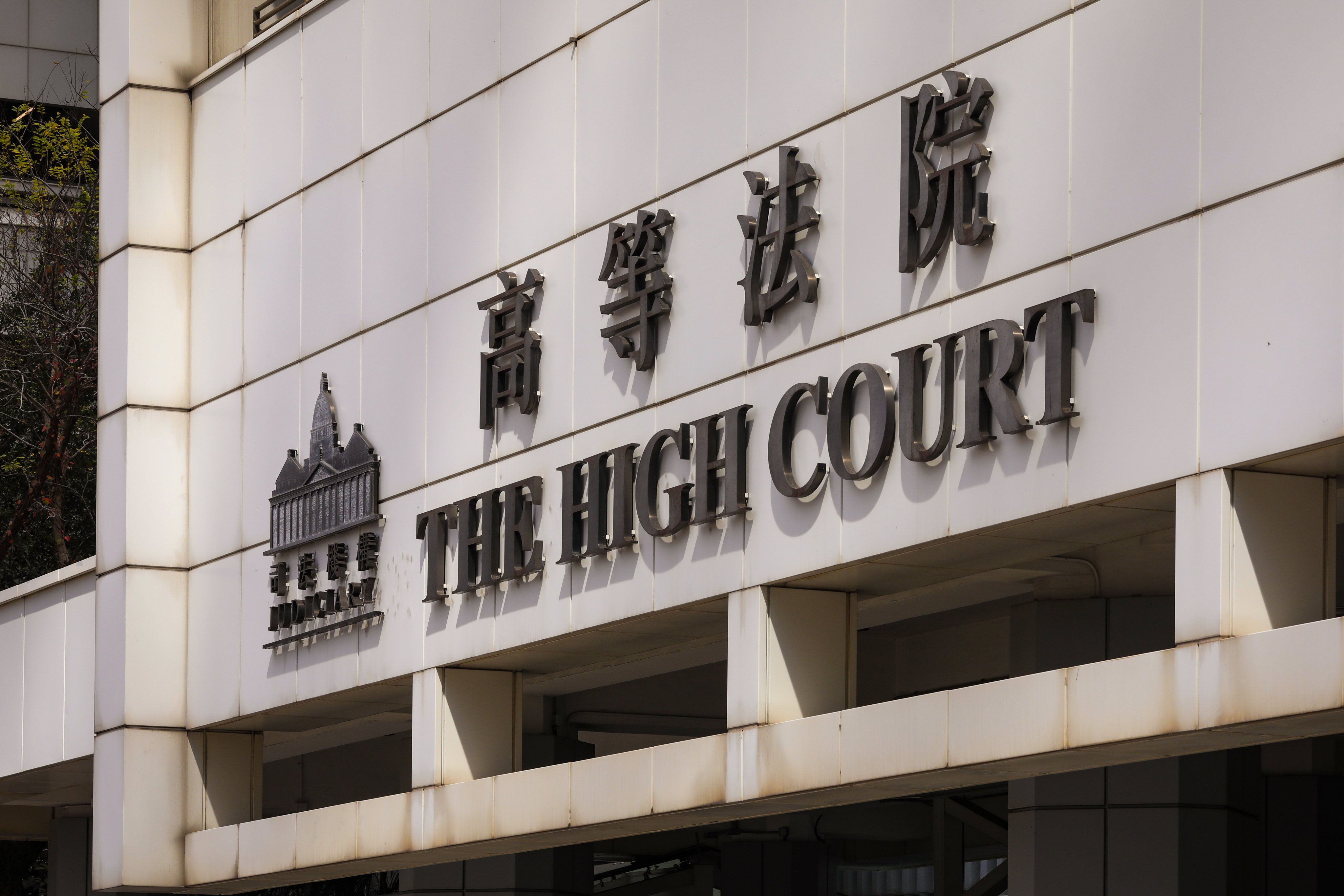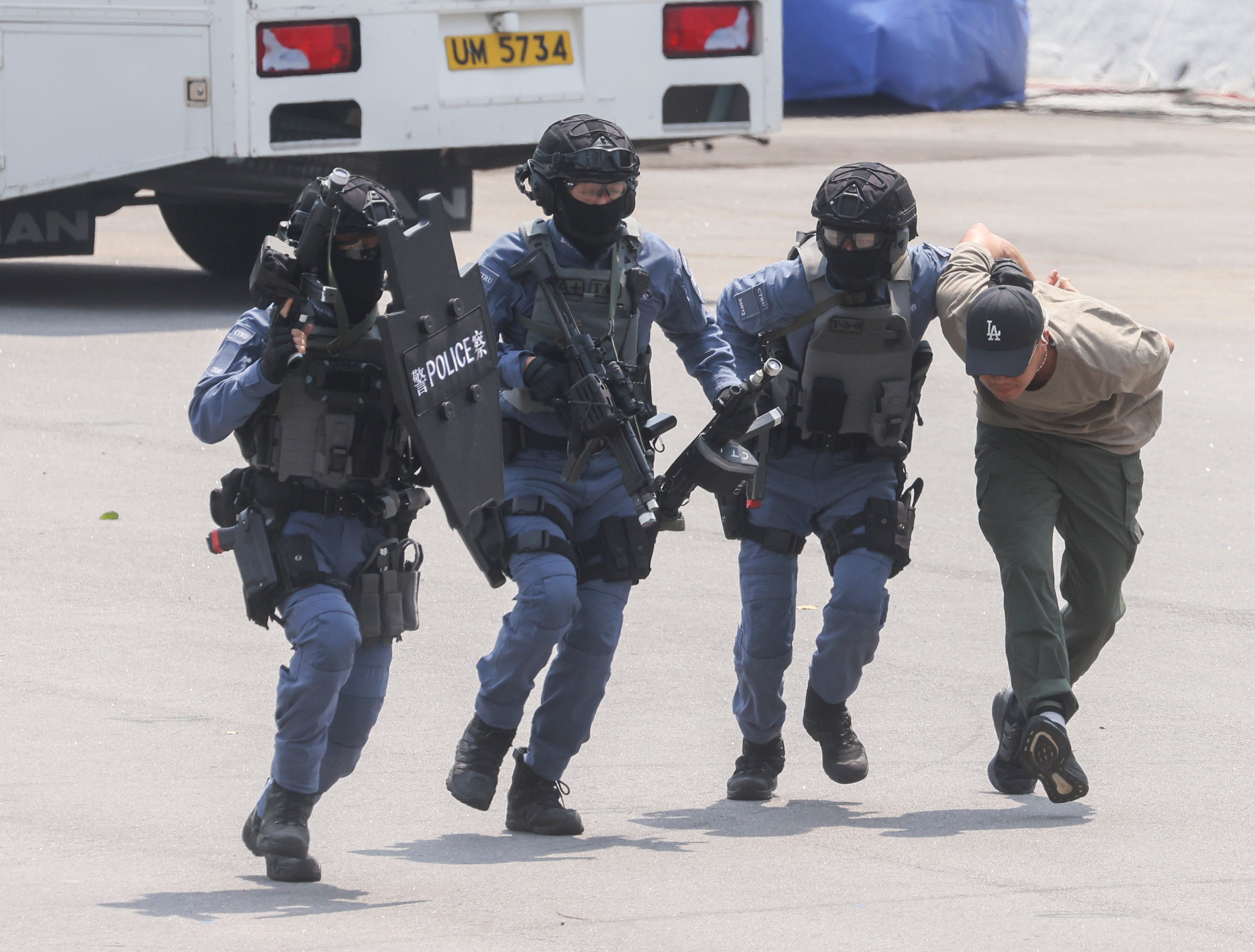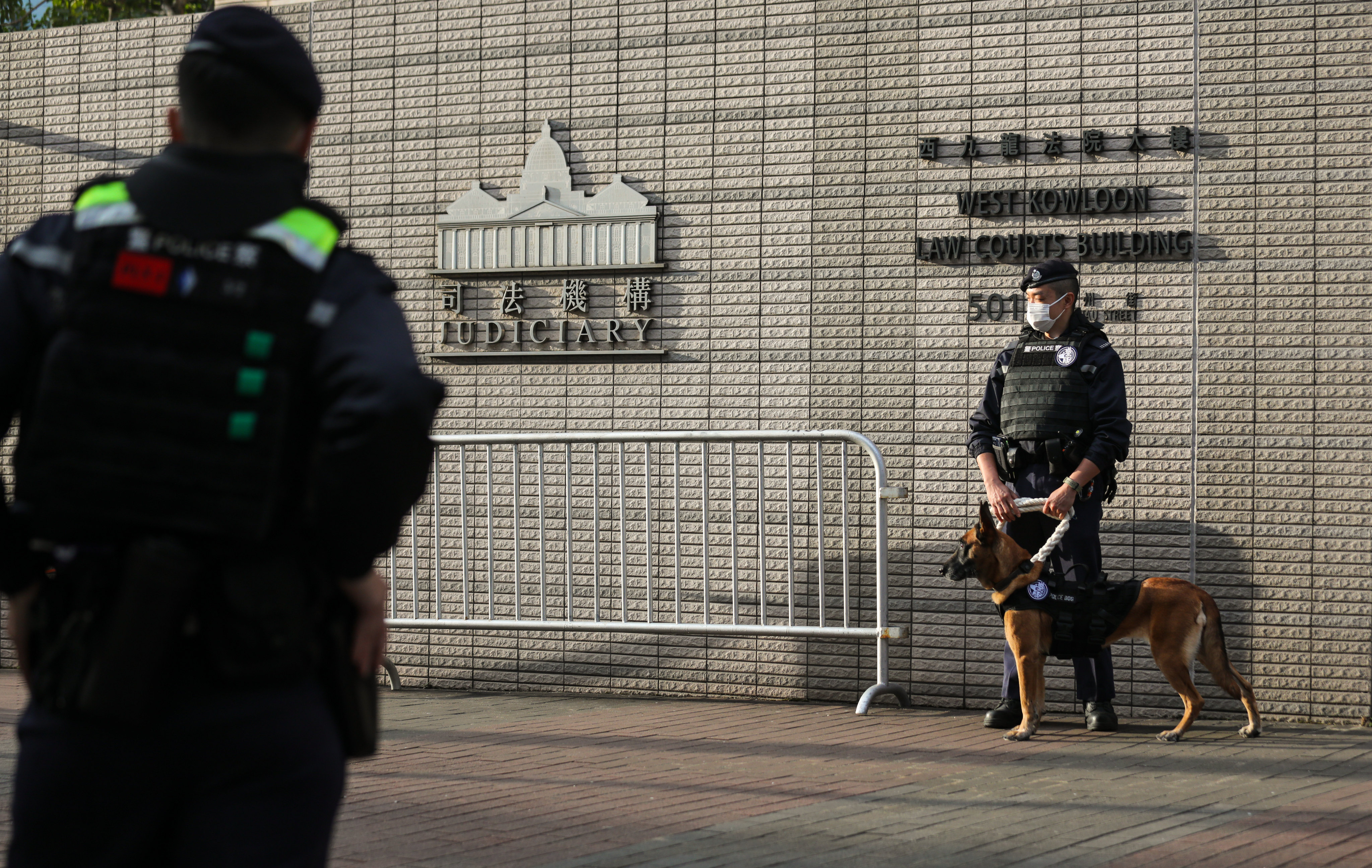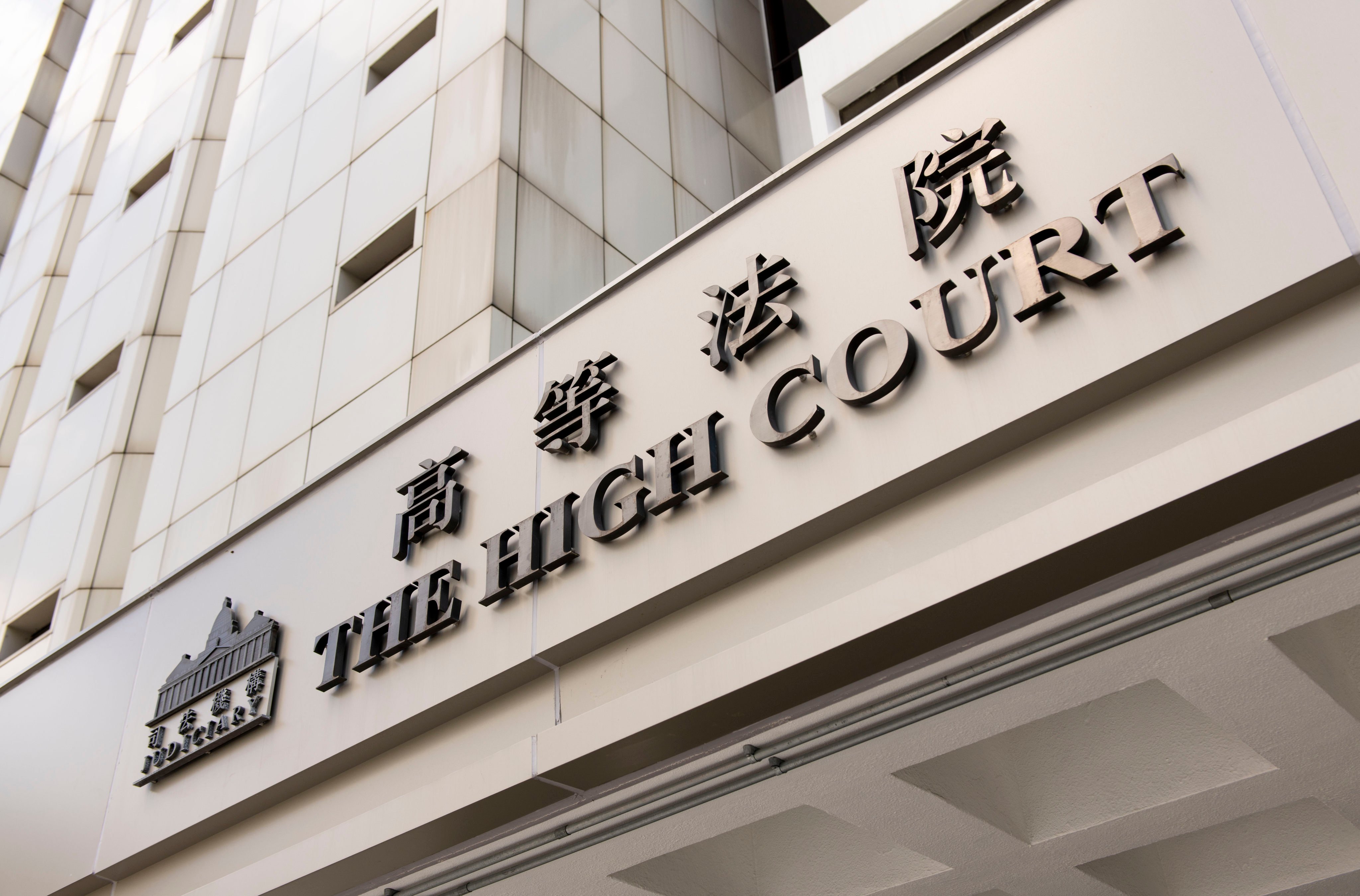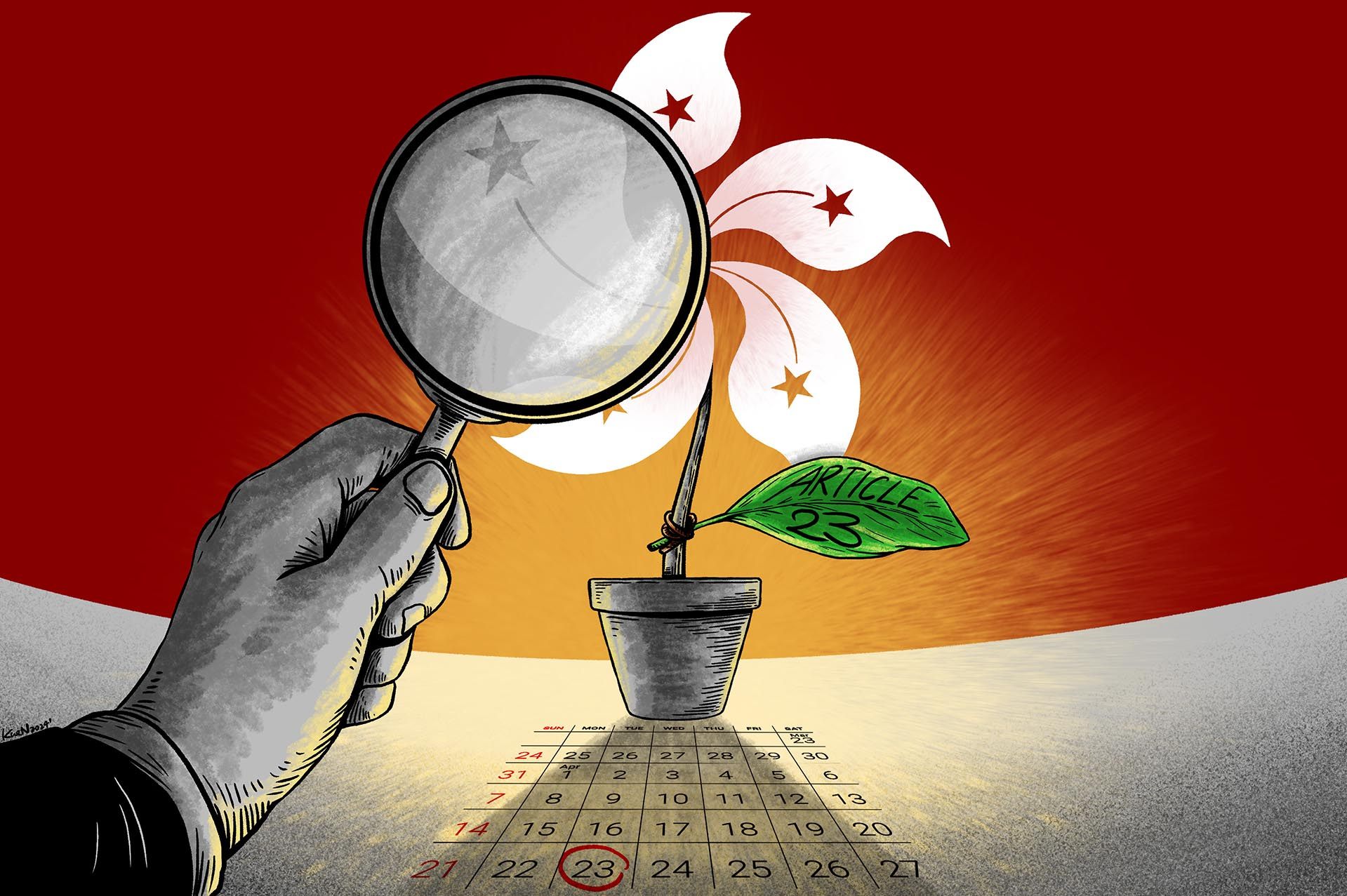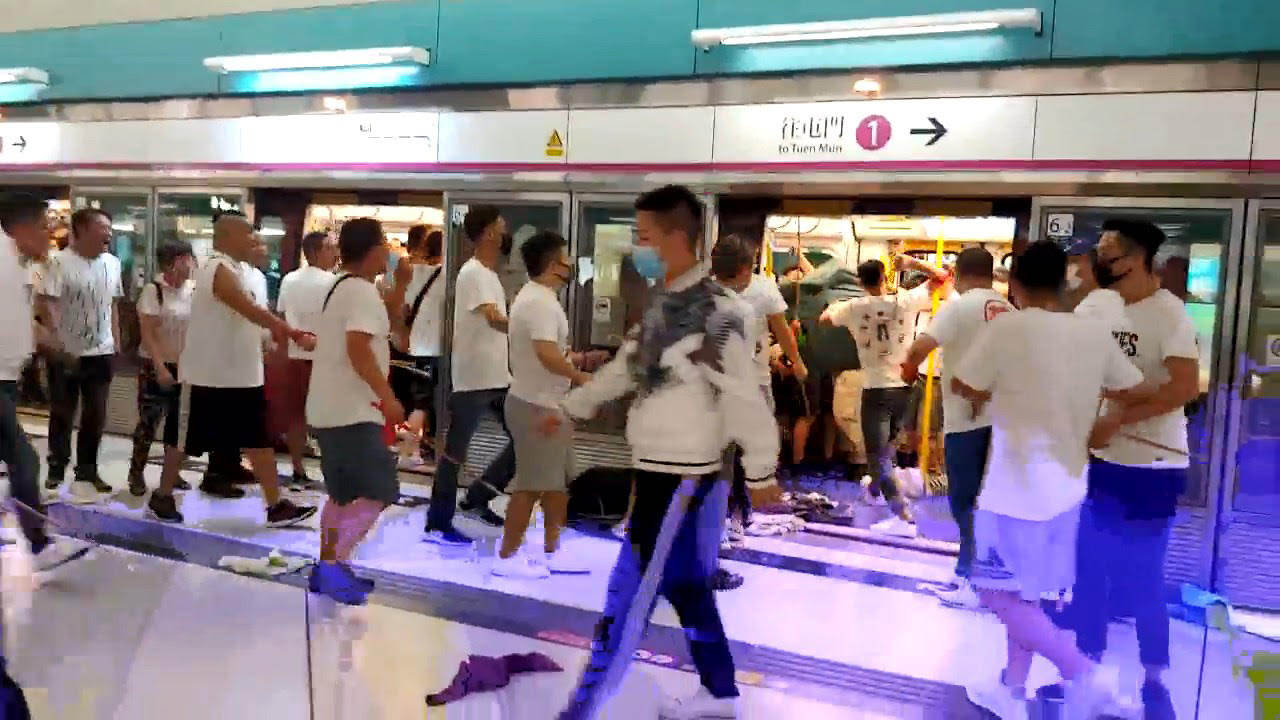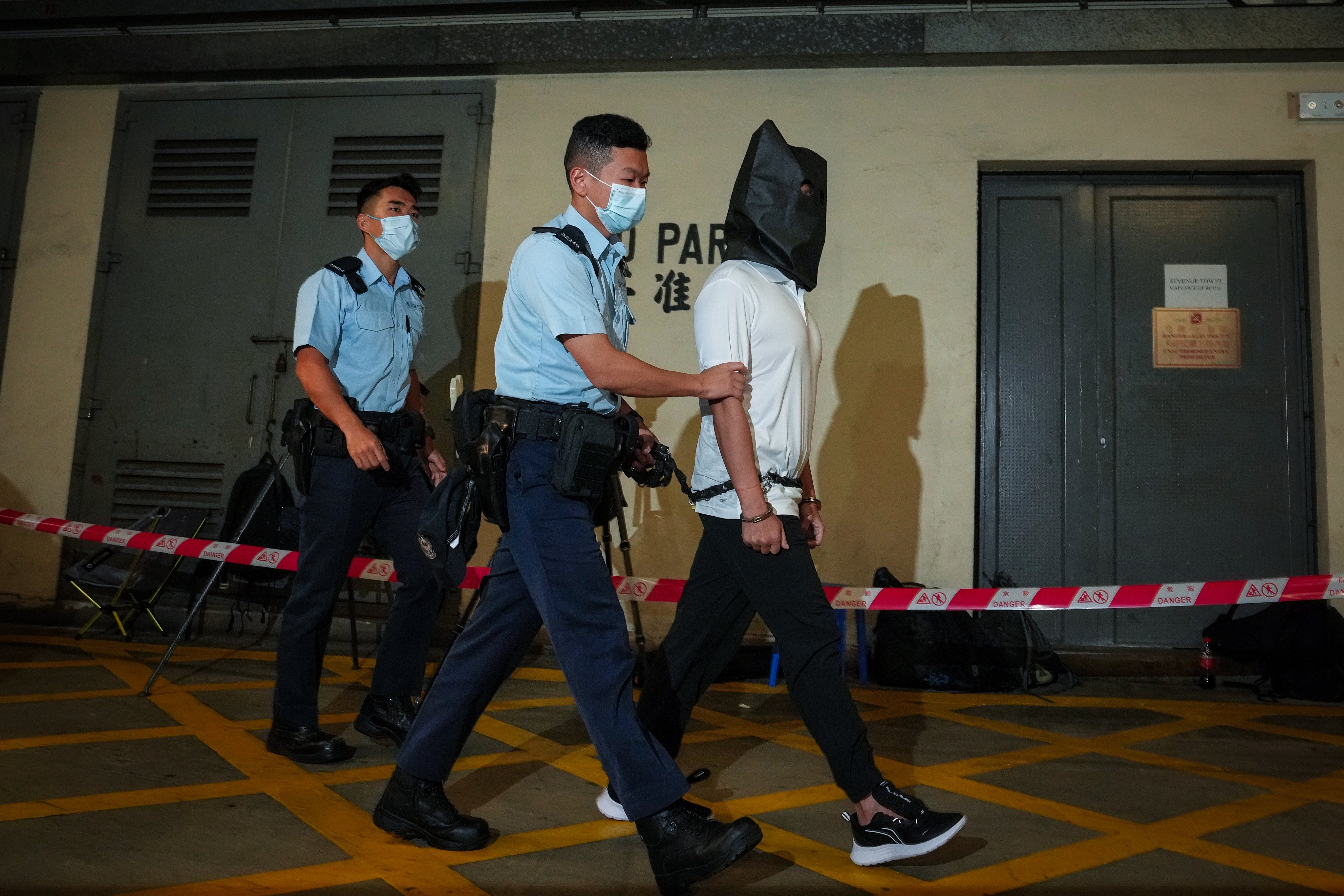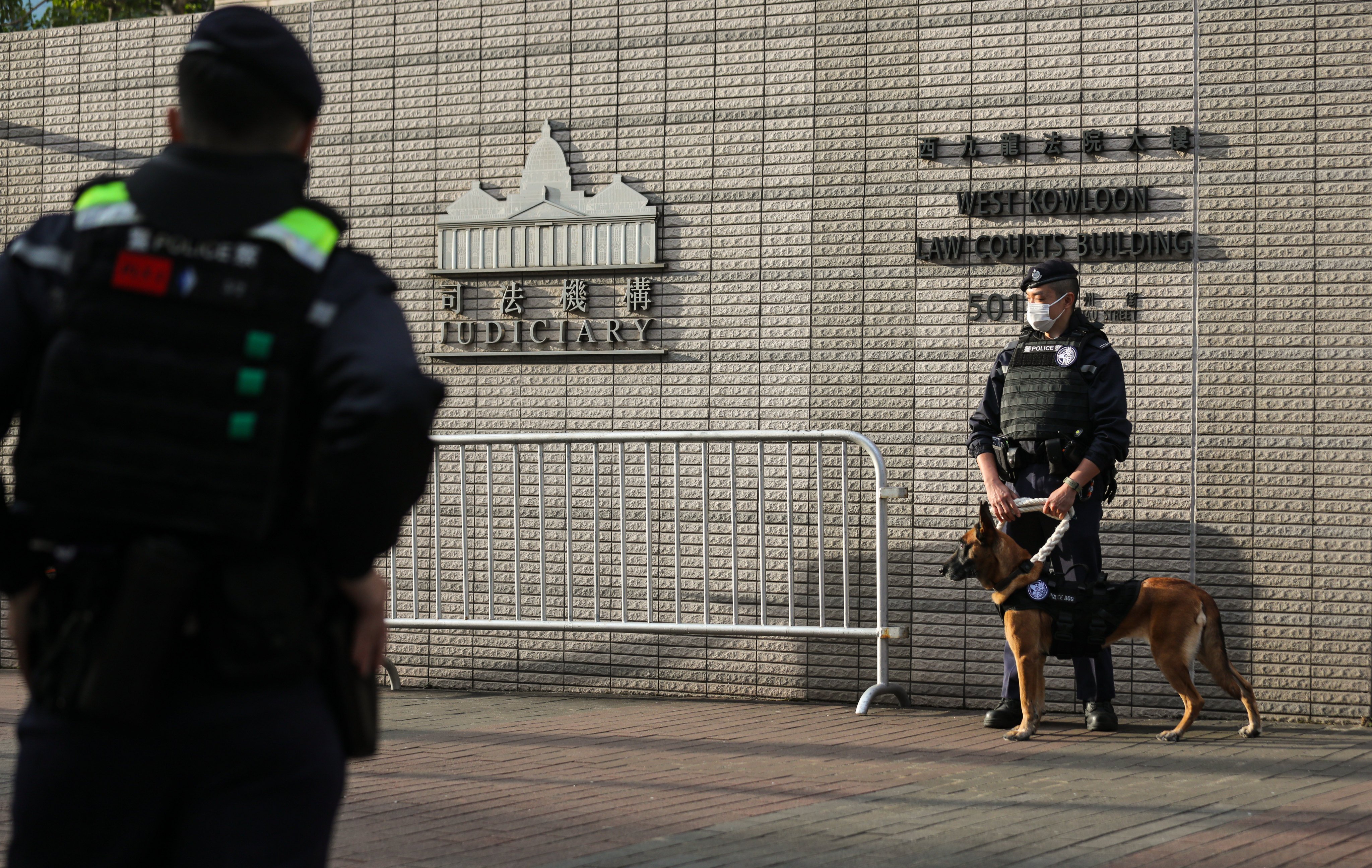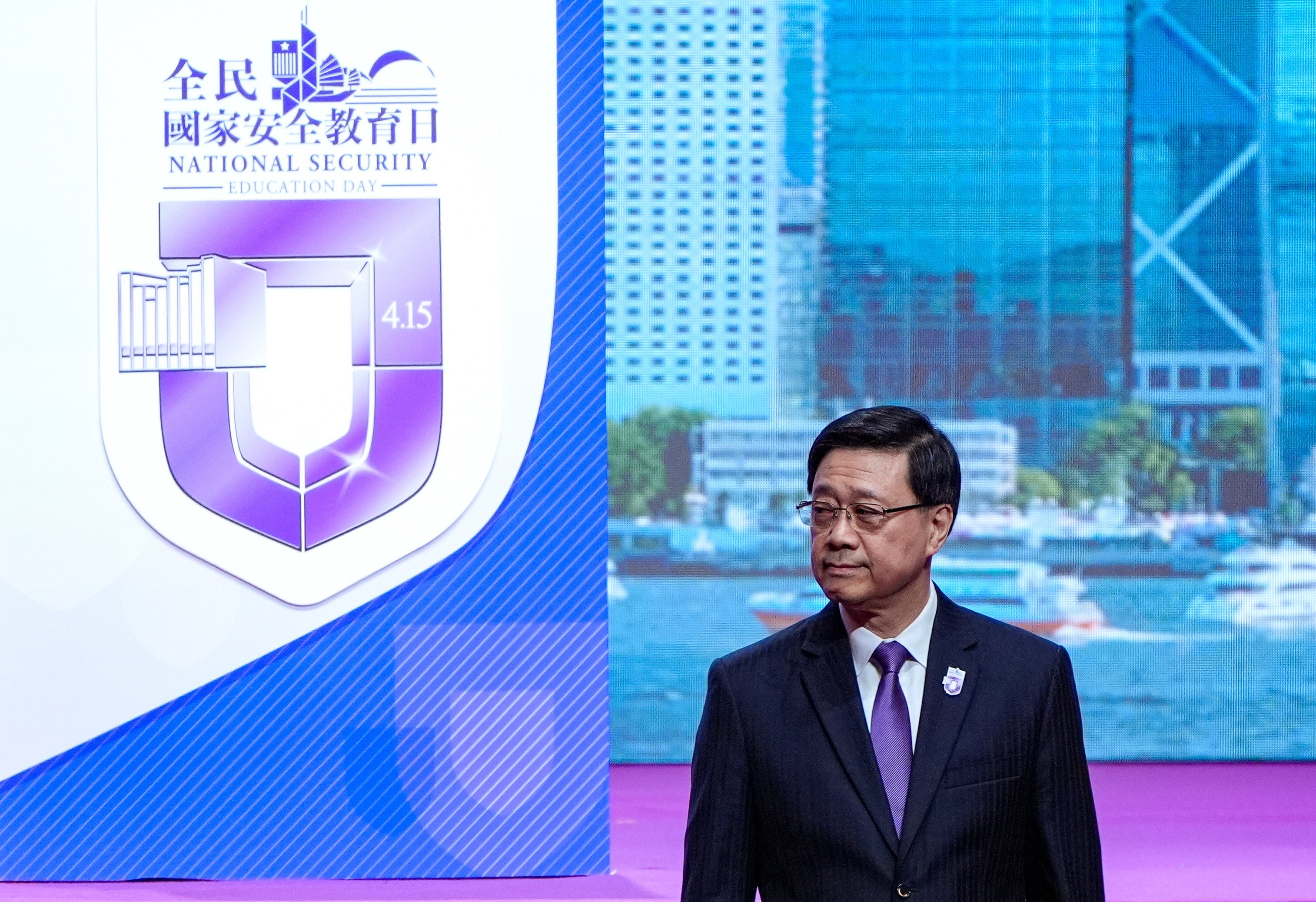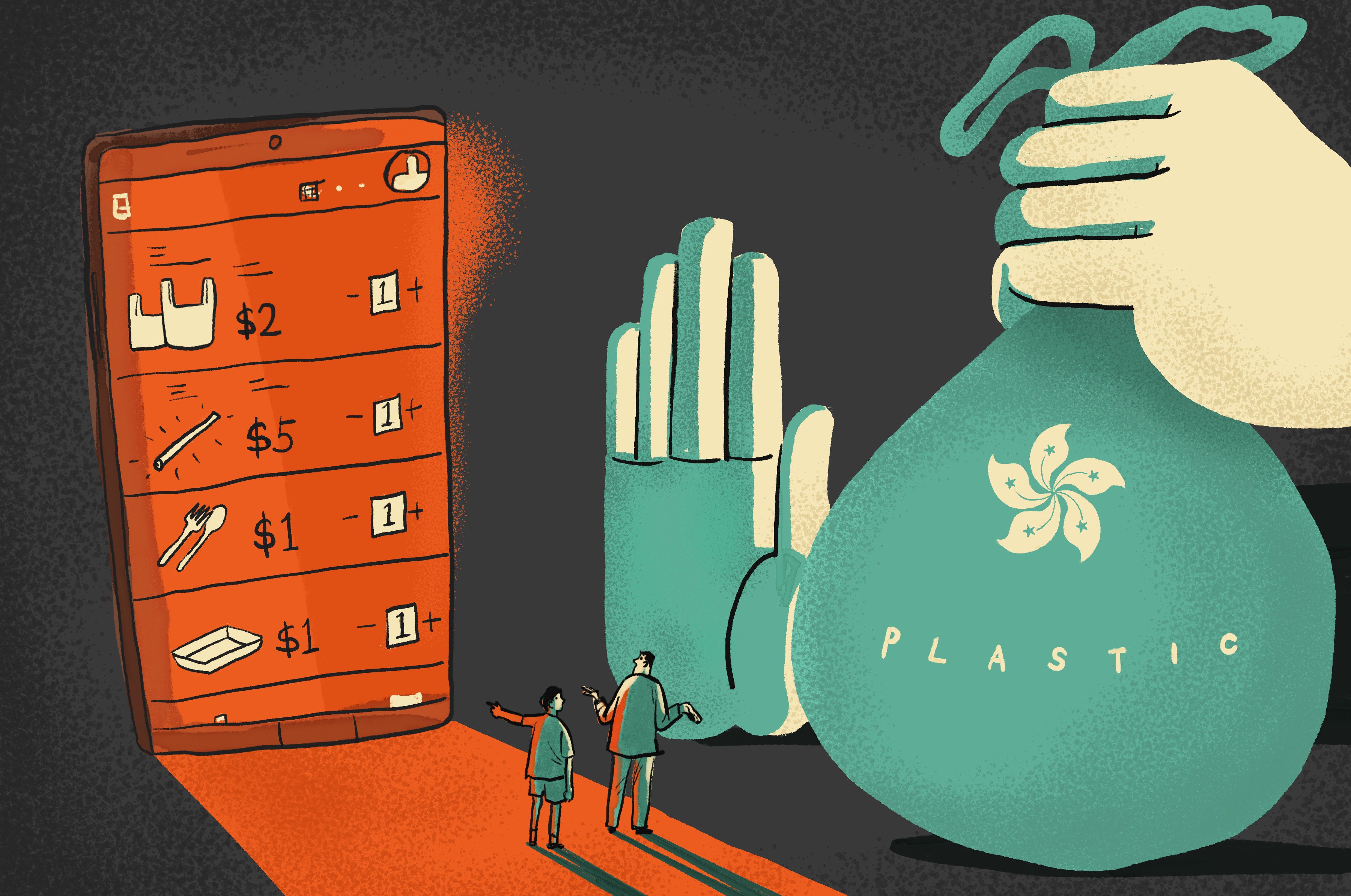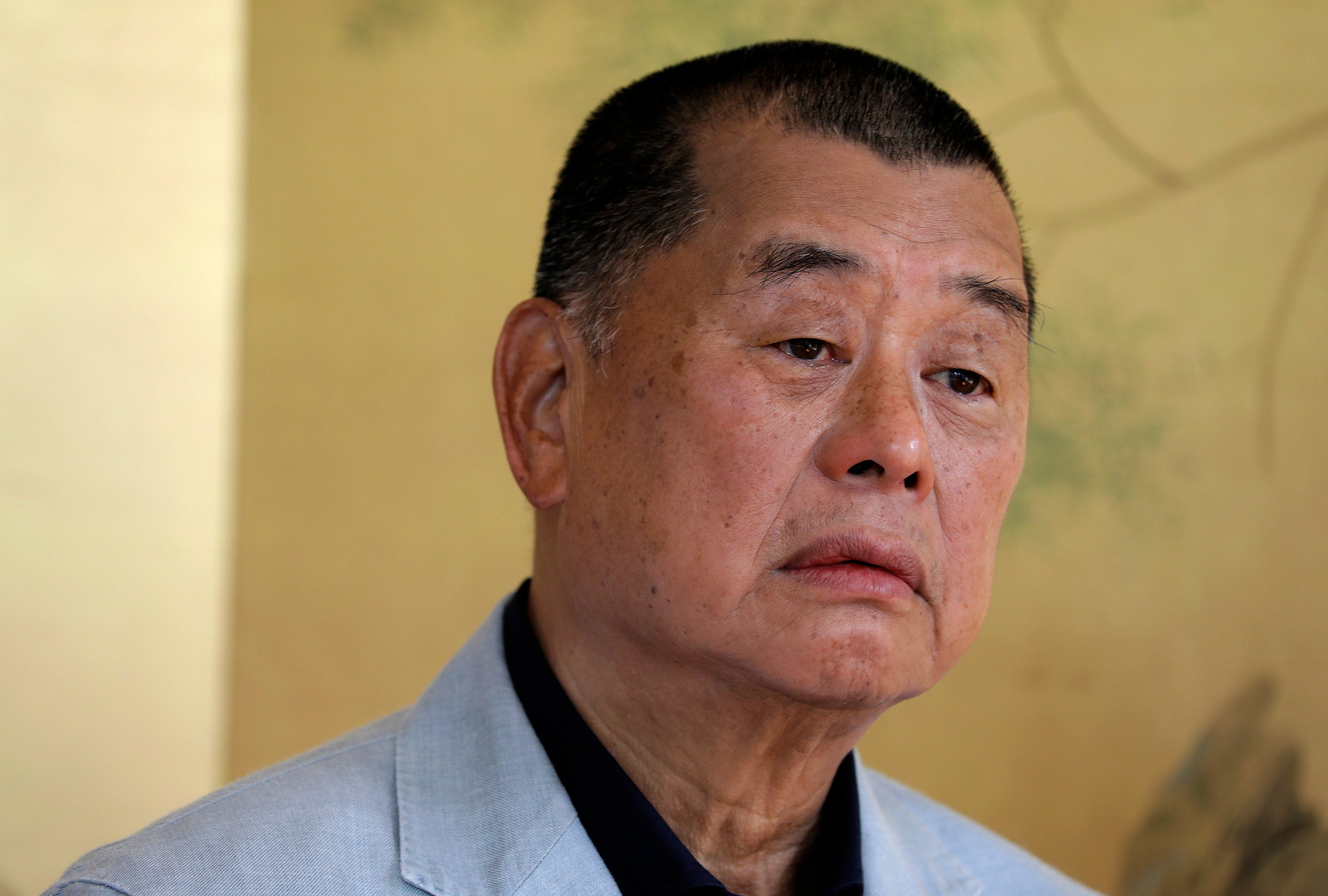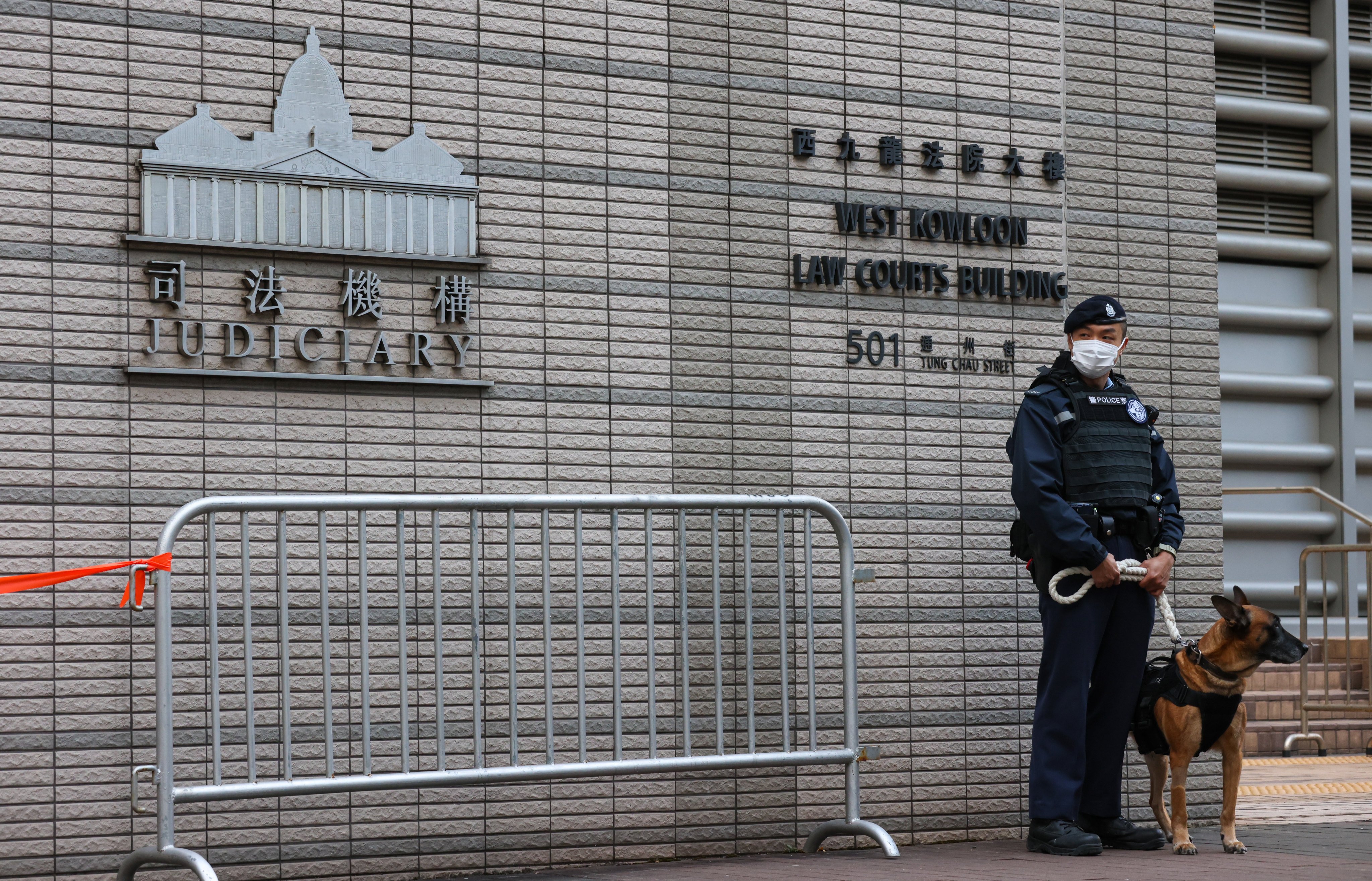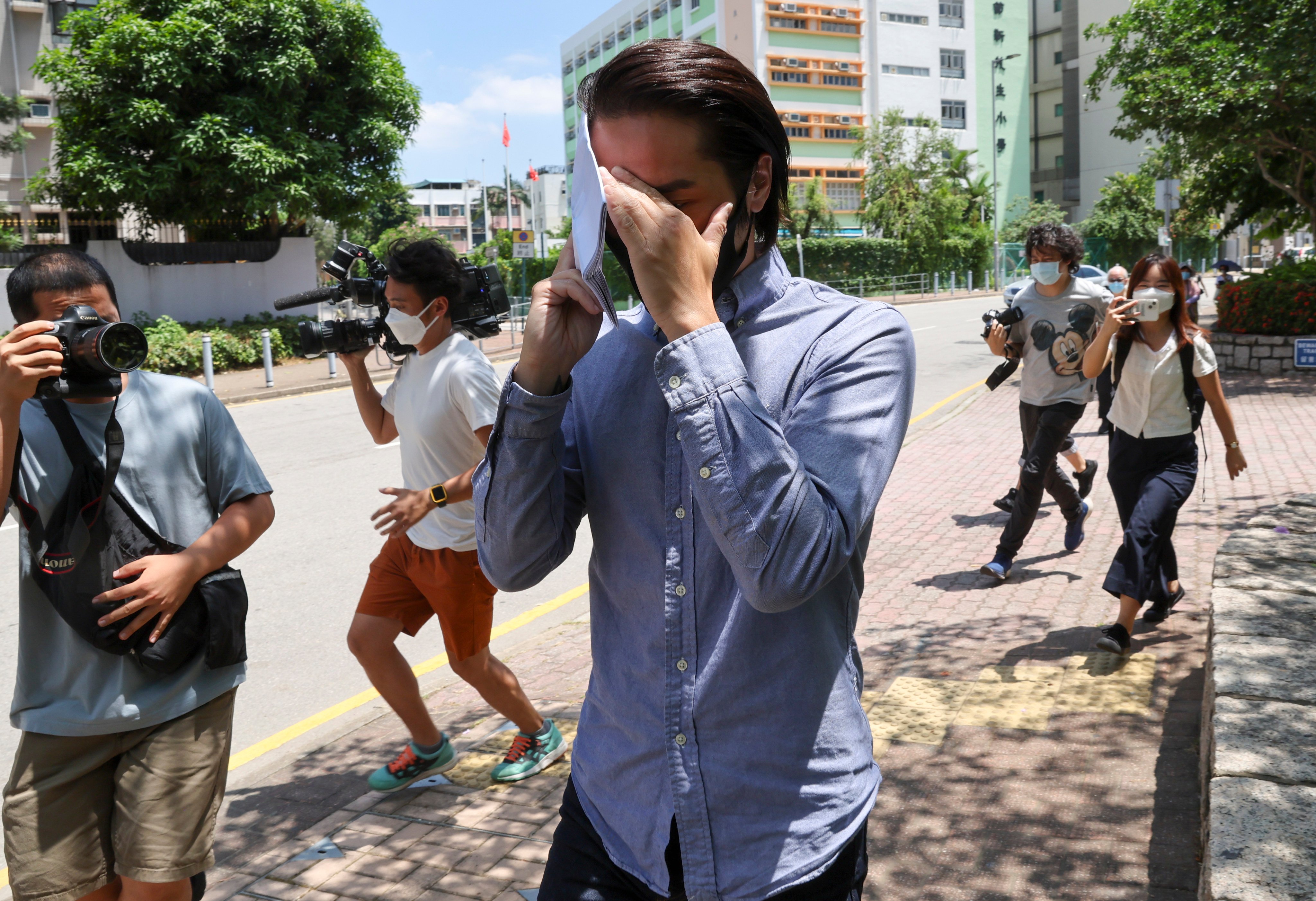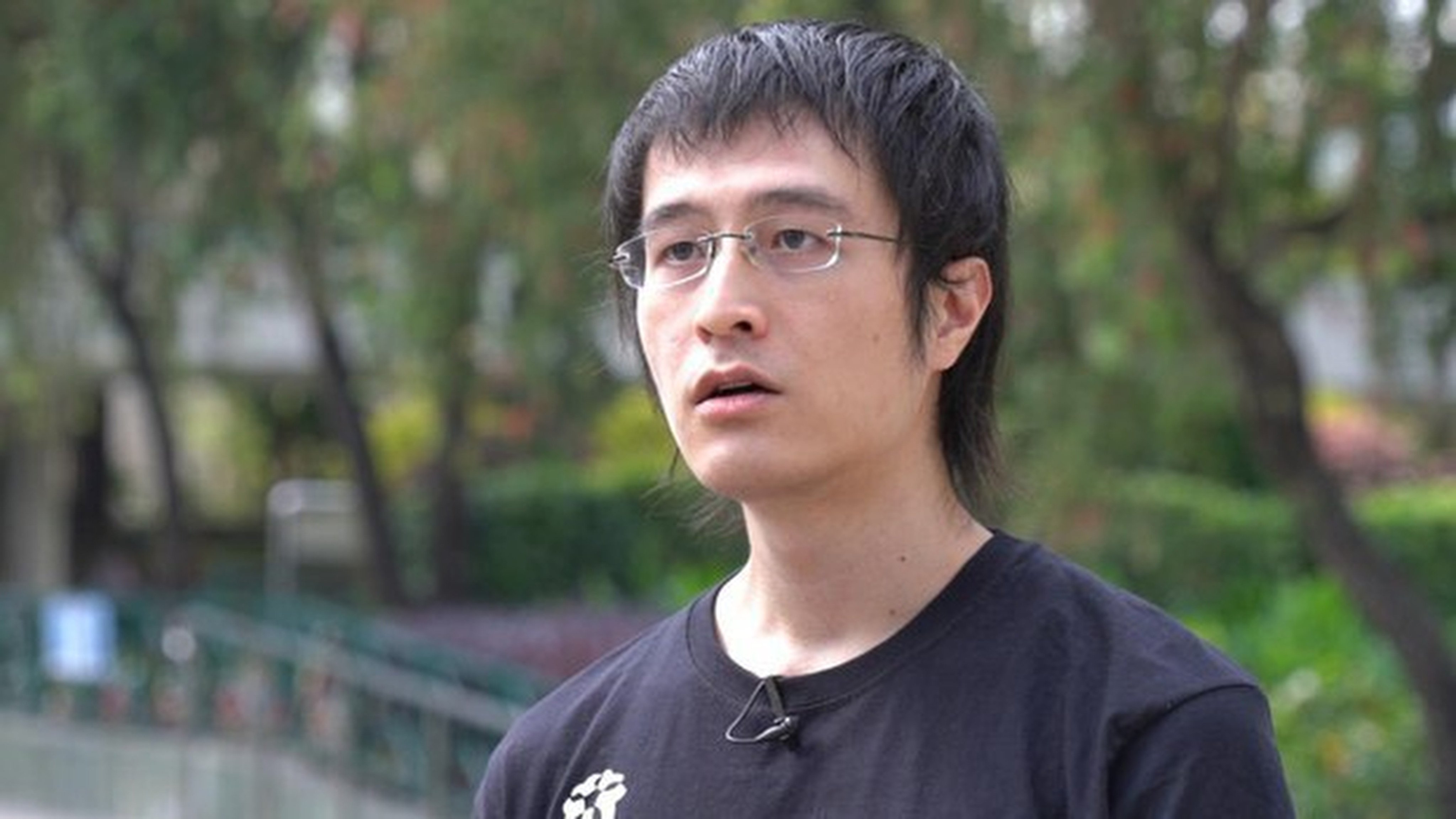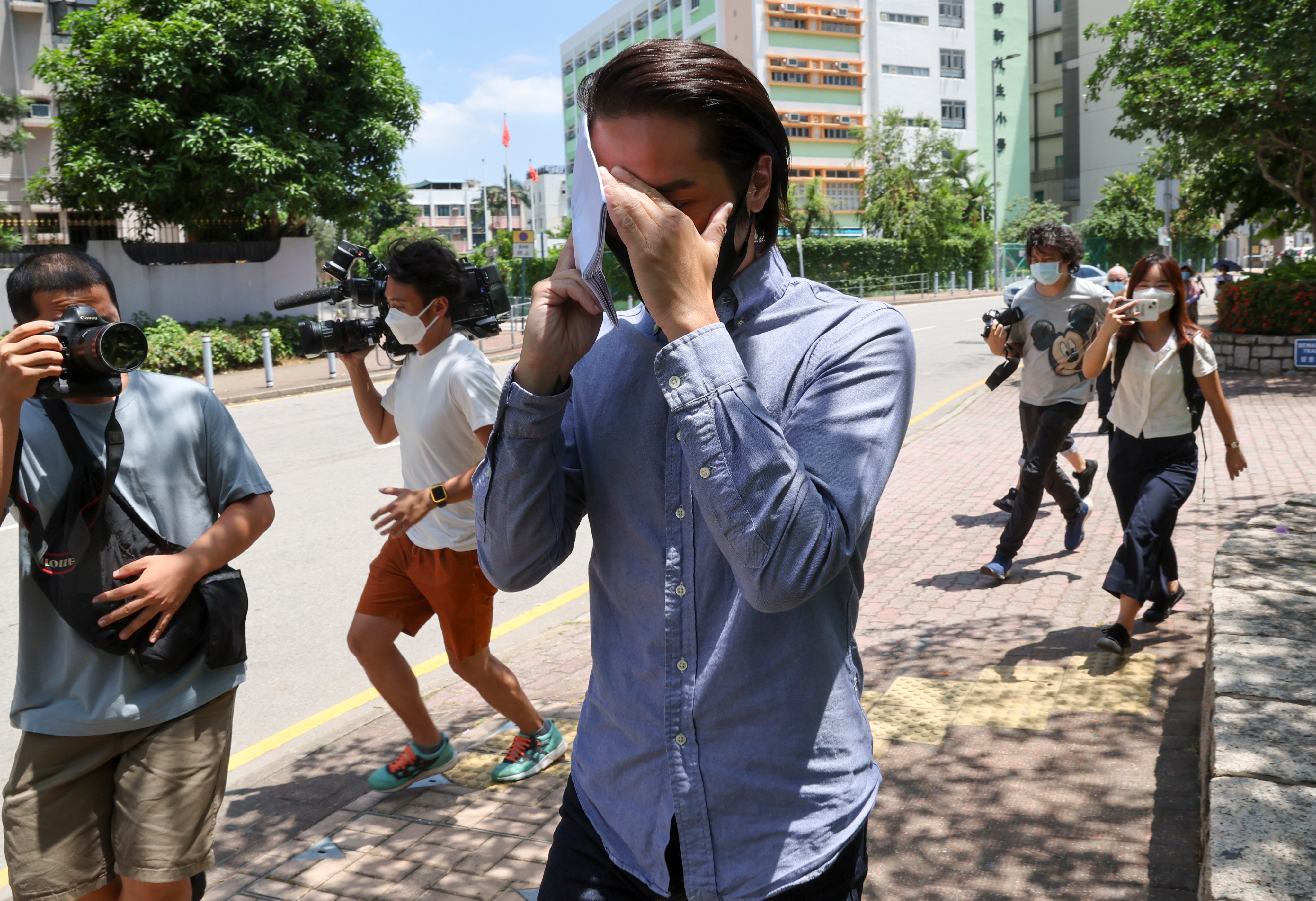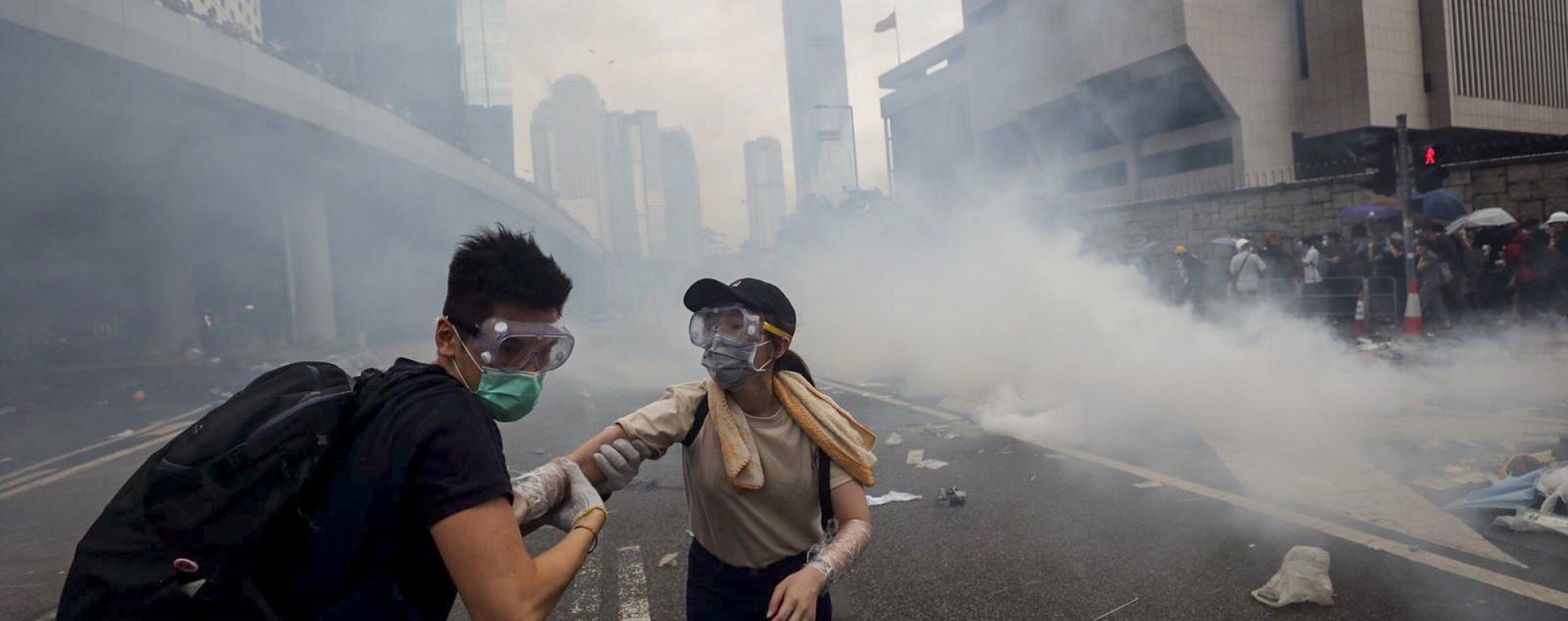
Topic
The Hong Kong protests began in 2019 in opposition to a proposed extradition law that would have allowed the transfer of fugitives to mainland China, among other jurisdictions. The demonstrations escalated into a much wider and prolonged anti-government movement that resulted in increasingly violent clashes between protesters and police across the city. The social unrest continues to simmer amid the coronavirus pandemic that has shut down parts of the city.
Pledge to use city’s new domestic national security law only in compelling circumstances and to promote ‘soft power’ suggests a subtle change in government stance.
The Basic Law as the constitutional foundation of the city contains two equally legitimate but contradictory visions which, in the end, prove to be incompatible.
Sudden resignation of university chief Rocky Tuan Sung-chi opens door for someone who may continue the good work of the Hong Kong institution.
- Yuen said in Facebook post he made decision to leave city after being contacted by national security police on a weekly basis
- Former member of defunct Cantopop boy band E-kids said he bought a round-trip ticket to France as he feared he would be prevented from leaving Hong Kong
Mastermind Wong Chun-keung says: ‘there were quite a lot of donations at that time. I used about HK$300,000 of the donations to gamble. For me, it was a way to de-stress’.
Mastermind Wong Chun-keung says he co-managed crowdfunding operation on Telegram channel in 2019 to buy firearms.
Mastermind Wong Chun-keung testifies he started preparing escape just days ahead of planned bombing of police officers in Wan Chai.
Sniper would have opened fire on police so protesters could collect service weapons from dead officers and have same level of power as force, ringleader Wong Chun-keung says.
Ringleader Wong Chun-keung tells court how he created ‘Dragon Slayer Brigade’ targeting police after series of successful attacks against officers.
Judge rules decision to sack Toffee Tam was ‘so harsh and oppressive’, it must have involved ‘some error of law’.
National Security Department police officer Lau Wai-hung denies coercing alleged bomb plot leader Wong Chun-keung into making statements.
Wayland Chan admits he lied when he told police that Lai’s right-hand man instructed him to cease lobbying efforts after implementation of national security law.
Paralegal Wayland Chan tells court Lai’s right-hand man Mark Simon had discussed with him impact of mogul’s arrest on efforts to instigate foreign intervention in Hong Kong affairs.
Acting secretary for transport and logistics Liu Chun-san says most vandalised amenities, which had HK$65 million repair bill, now fixed.
Theft was part of wider plan to detonate two bombs in Wan Chai on December 8, 2019, during lawful protest, prosecution says.
Inter-departmental Counter Terrorism Unit says 13 per cent of reports received since hotline’s launch two years ago passed to relevant law enforcement agencies.
Apple Daily founder believed legislation imposed in 2020 was ‘all bark and no bite’ after being urged to consider his personal safety, key prosecution witness says.
Prosecution urges panel of nine jurists to set aside political views and focus on evidence in trial of six over conspiracy to commit bombing.
A source says the government has shifted to a ‘softer, reactive’ approach but is not planning any large-scale publicity campaigns or high-level delegations to explain the new law overseas.
Tang Siu-hung, 42, is ninth person associated with white-clad mob to be punished after pleading guilty to rioting and wounding with intent.
Tang Kai-yin, 34, jailed for 46 months for possession of petrol bombs and perverting course of justice with escape attempt.
Media mogul had proposed a ‘purification scheme’ seeking to de-escalate violence that had gripped the city, prosecution witness Wayland Chan says.
Vigilance is required because of the ‘sudden’ and ‘persistent’ nature of national security risks, he says.
Ban targets sale and distribution of plastic items, but not possession, so people can still buy online.
Paralegal Wayland Chan explains his links to tycoon Jimmy Lai, his right-hand man Mark Simon and activist Andy Li at West Kowloon Court.
Activist turned prosecution witness Andy Li tells media mogul’s defence lawyers about unsuccessful escape attempt to Taiwan in late August 2020.
Hong Kong accountant, 43, jailed after he is convicted of rioting at Yuen Long MTR station in 2019 clash with white-clad mob.
Lobbyist Andy Li said he worked with Japanese legislator, a political activist and a financier, both based in Britain, to have sanctions applied.
Judge Clement Lee says defendant claimed to be acting in self-defence when in fact he teamed up with others to fight white-clad mob.








